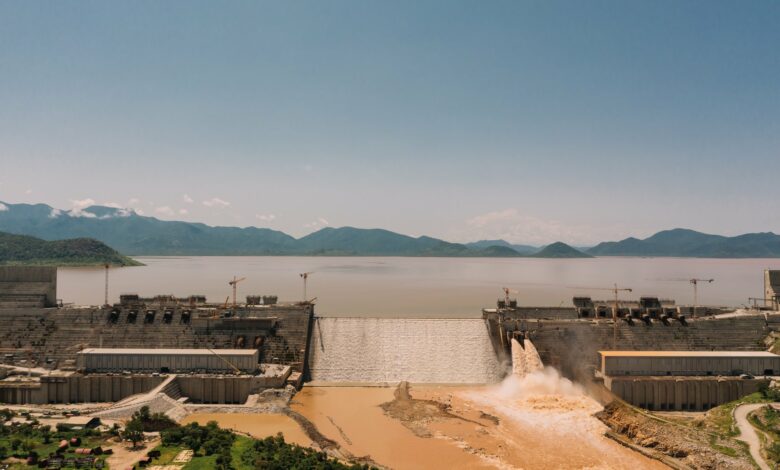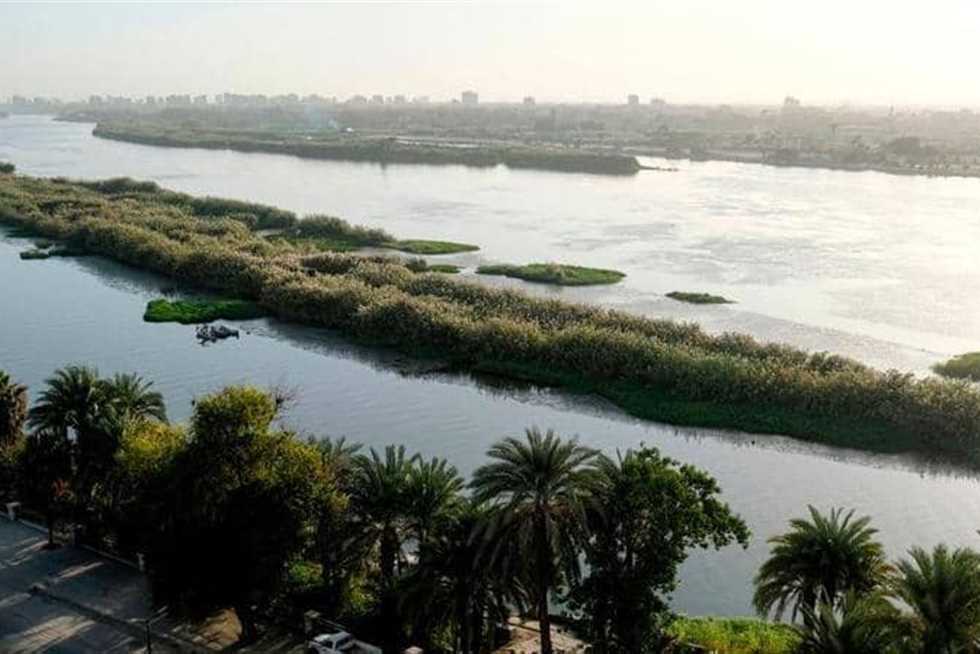
Egyptian Prime Minister Mostafa Madbouly stated that Nile water is an “existential issue” that allows for no compromise, stressing that fair cooperation and mutual benefit represent the only way to achieve development for all Nile Basin peoples.
Speaking on Thursday at the conclusion of the 8th Cairo Water Week, Madbouly clarified that Nile Basin countries do not suffer from a scarcity of water resources. He pointed out that the basin receives over 1,660 billion cubic meters of rain annually, yet only 84 billion cubic meters—roughly 5 percent of the river’s total resources—reaches the two downstream countries: Egypt and Sudan.
Despite this abundance, the Prime Minister added, “a specific party continues to repeat unilateral rhetoric and promote erroneous concepts regarding the ownership of the river and its water sources, in an attempt to justify individual policies in managing a shared resource.”
He asserted that such actions “violate the principles of international law and lack the simplest rules of transparency and coordination among basin countries.”
He further stated that “the claim of ‘contribution ratios’ to Nile waters is a proposal that contradicts both science and law,” adding that “the river is not granted by anyone; rather, it is an integrated ecological and hydrological system in which all basin countries share balanced rights and duties.”
Madbouly stressed Egypt’s support for African development, but cautioned that it should not be used as a “pretext to impose control or inflict harm upon others.” He noted that international law affirms the right to development is inseparable from the duty not to cause significant harm to other states—a principle that must be the foundation of any project on shared rivers.
The Prime Minister asserted that “water security is not an area for political bargaining or experimentation,” and that “any notion that Egypt’s historical and legal rights can be compromised is a mere illusion for those who hold it. For Egypt, the Nile is a matter of existence that is non-negotiable and non-adventurous.”
He concluded by noting that “Egypt will remain committed to cooperation based on international law, while at the same time being resolute in defending its rights by all legitimate means.”
Egypt, along with Sudan, demands that Ethiopia sign a legally binding agreement on the management of the Grand Ethiopian Renaissance Dam (GERD) to safeguard their respective shares of the river’s water, based on the principle that the Nile is a transnational international river. Ethiopia, conversely, asserts its sovereign right to utilize the waters within its territory.




